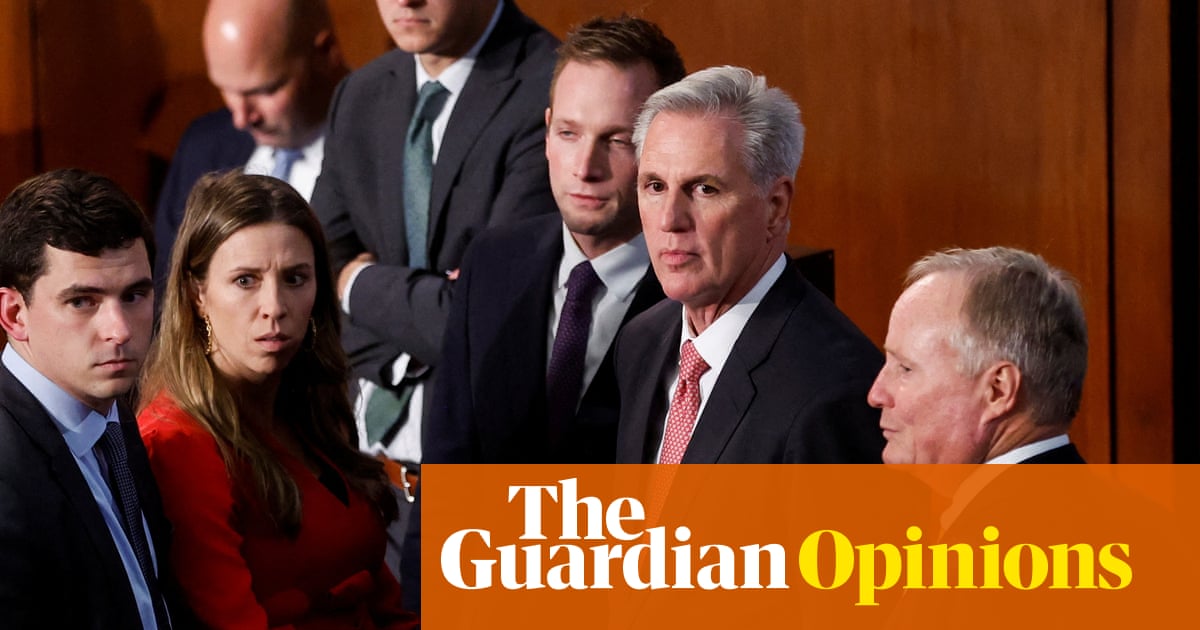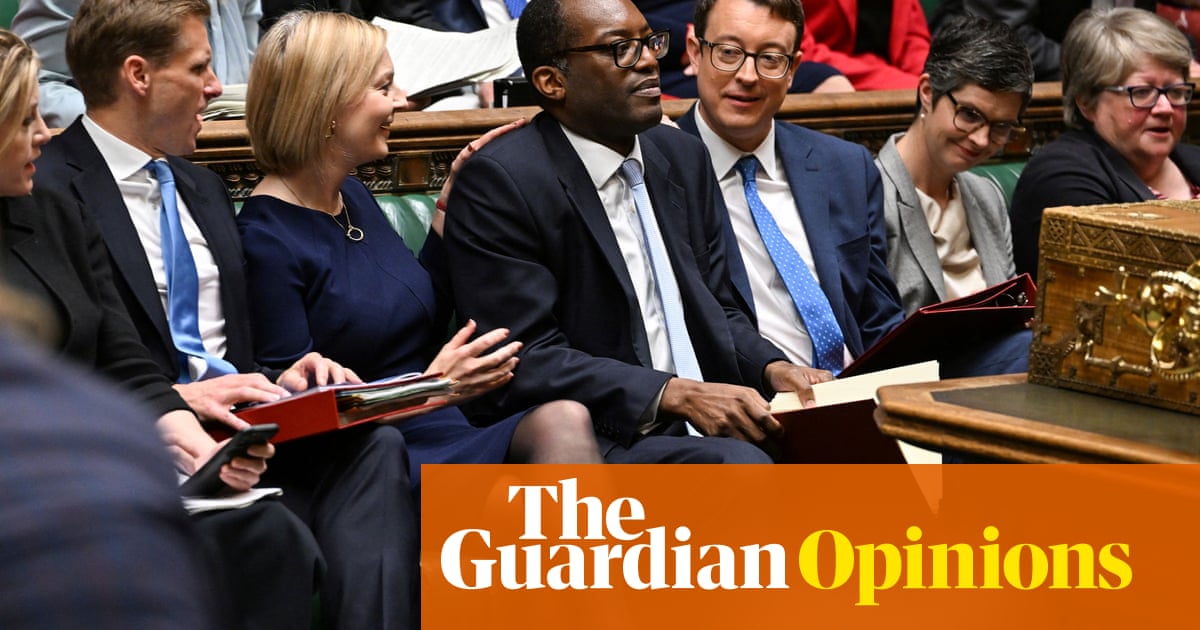
When, approaching three years ago, a majority of the British people voted to leave the EU, a disorderly exit appeared entirely predictable.
The Brexit referendum result was clear enough — 52 percent backed withdrawal — but there was so much raging emotion on both sides that publicly expressed anger was inevitable. It was almost as if a pressure valve had blown open, allowing warring sides to say what they really thought of each other. Antipathies intensified, along with the arguments about how exactly the UK would disentangle itself from the hugely complicated arrangements that date back to January 1973.
The truth is that Britain has always been a deeply euroskeptic country, and there was never any reason to believe that traditional suspicions had vanished following 46 years of relative prosperity and peace. On the contrary, the British people retain a strong sense of identity based on an exceptional history — one that differentiates them markedly from their nearest neighbors.
British leaders have been trying to settle their island’s troubled relationship with the European continent for centuries, and what is happening now is yet another version of that almost impossible task.
At the time of writing, UK Prime Minister Theresa May was hoping for a third chance to get a deal that will ensure an amicable split from the EU through the British Parliament. This is designed to avoid a much-feared “hard” or “no-deal” Brexit — one that would effectively mean Britain going it alone, without any guarantees on trade and other crucial areas with its former fellow members.
Extreme Brexiteers — and there are many — tend to evoke past glories when campaigning for what they want. In particular, they recall how their country stood isolated against a continent enslaved by Adolf Hitler’s Third Reich in 1940. Imbued with a “bulldog spirit” dating back to Agincourt, Waterloo and, of course, dominating the British Empire, Britannia remained free throughout the Second World War. Despite the Soviet Union’s infinitely greater military contribution toward victory, Brexiteers’ proudest mantra is that “we won the war.”
Just as significantly, historically astute Brexiteers rightfully point out that the entire European project was originally created to stop Germany and France engaging in cataclysmic conflict. The two imperial nations became particularly bellicose during the periods of 19th and 20th century industrialization that should have improved living conditions for European citizens, but in fact led to them killing each other in their millions.
Britain got sucked into both the First and Second World Wars because of treaty obligations, but there was never any suggestion that the country needed an organization like the EU to stop it attacking the country next door, as Germany did.
The problem for Brexiteers now is that the consequences of a sudden exit from the EU in a period of thriving globalization appear extremely risky.
Nabila Ramdani
Beyond keeping the peace, Europe’s founding fathers were motivated by trade, and especially the need for a dynamic common market to challenge burgeoning rivals, including the US. Charles de Gaulle, France’s wartime leader who later became president, in fact specifically vetoed Britain’s original bids to join the Common Market because he viewed the country that had sheltered him during the Second World War as an “American Trojan horse.”
Throughout Britain’s early years in the EU, many believed the country was hoodwinked into believing free trade was paramount, and that political union was a pipe dream. When the British voted to remain a member of the then-European Economic Community in 1975, they were told that there were still no political implications.
In 1986, the then-Conservative Prime Minister Margaret Thatcher signed the Single European Act, but the emphasis was solely on extending free trade in goods, services, capital and investment. Her former trade minister, Arthur Cockfield, had displayed brilliant British pragmatism in laying the foundations for the Single European Market while working as a European Commissioner, despite the euroskepticism still prevalent in the thinking of the British political classes, including Thatcher.
The UK’s ambivalence was confirmed by the Maastricht Treaty of 1992, when Thatcher’s successor, John Major, kept Britain out of the euro — a development that saw the pound sterling flourish outside of the single European currency. A common monetary system inevitably needs strong common political institutions and — sure enough — what started out as a trading bloc became increasingly politicized, as Brexit sentiment grew.
The problem for Brexiteers now is that the consequences of a sudden exit from the EU in a period of thriving globalization appear extremely risky. May — who is actually a natural Remainer who voted against leaving in 2016 — is particularly cautious. She knows full well that she cannot fulfill the Brexiteer fantasy of holding on to the benefits of membership while avoiding the costs.
Instead, May appreciates that she is engaged in a process of redefining Britain’s relationship with a continent to which it is inextricably intertwined. The struggle will not end with a nominal exit, whether this is backed up by a deal or not. On the contrary, negotiations will rumble on for years to come, with the only realistic hope being that they will not be as aggressively divisive as they are today.
• Nabila Ramdani is an award-winning French-Algerian journalist, columnist and broadcaster who specializes in French politics, Islamic affairs and the Arab world. Twitter: @NabilaRamdani
Disclaimer: Views expressed by writers in this section are their own and do not necessarily reflect Arab News" point-of-view












